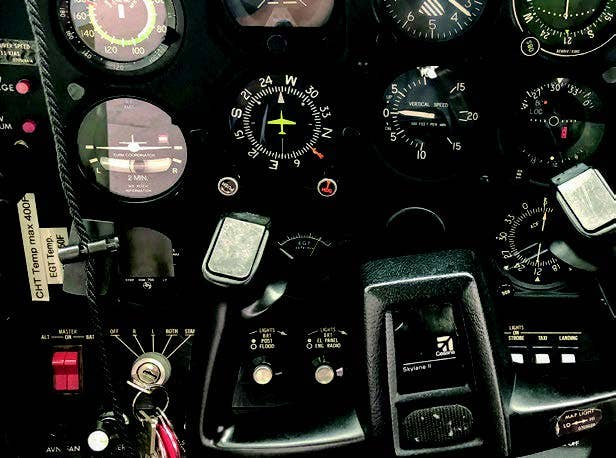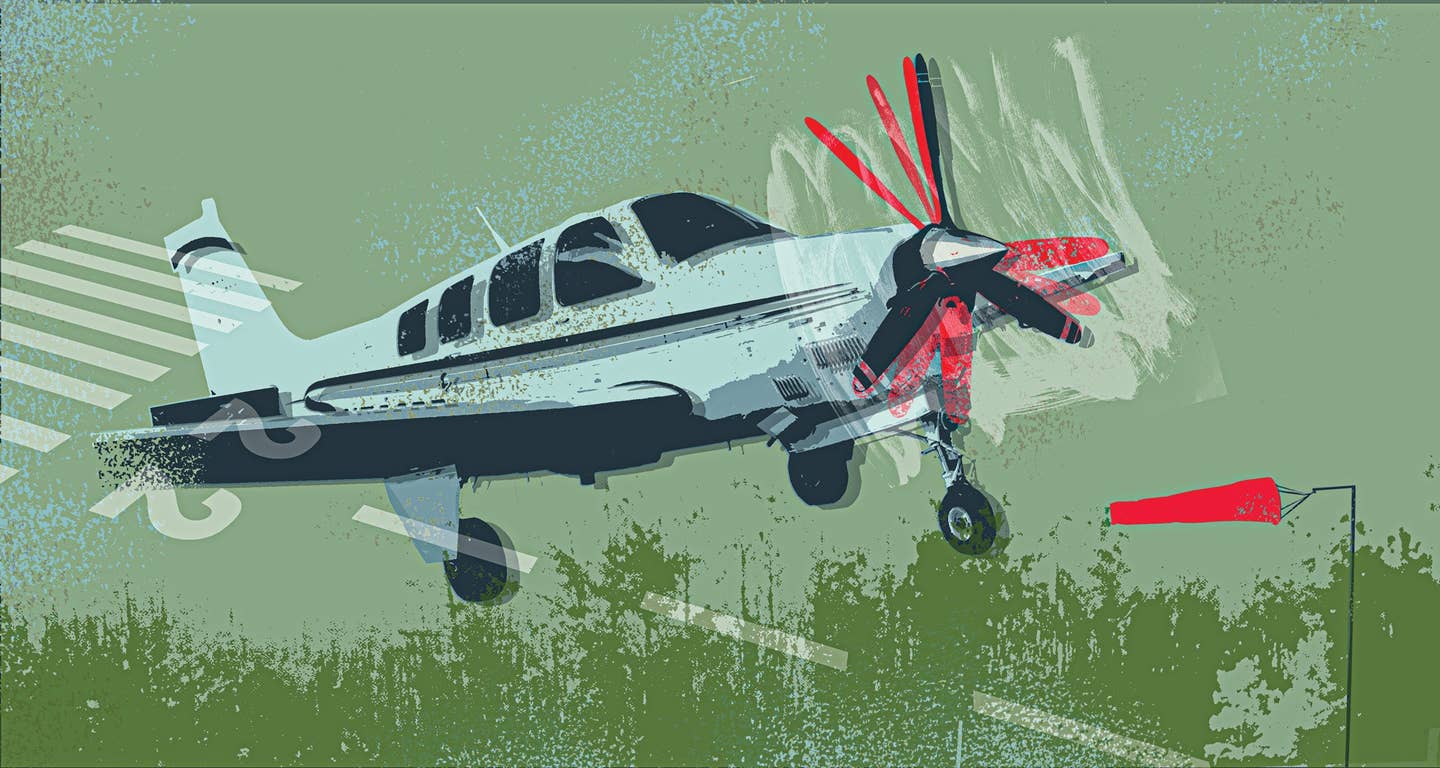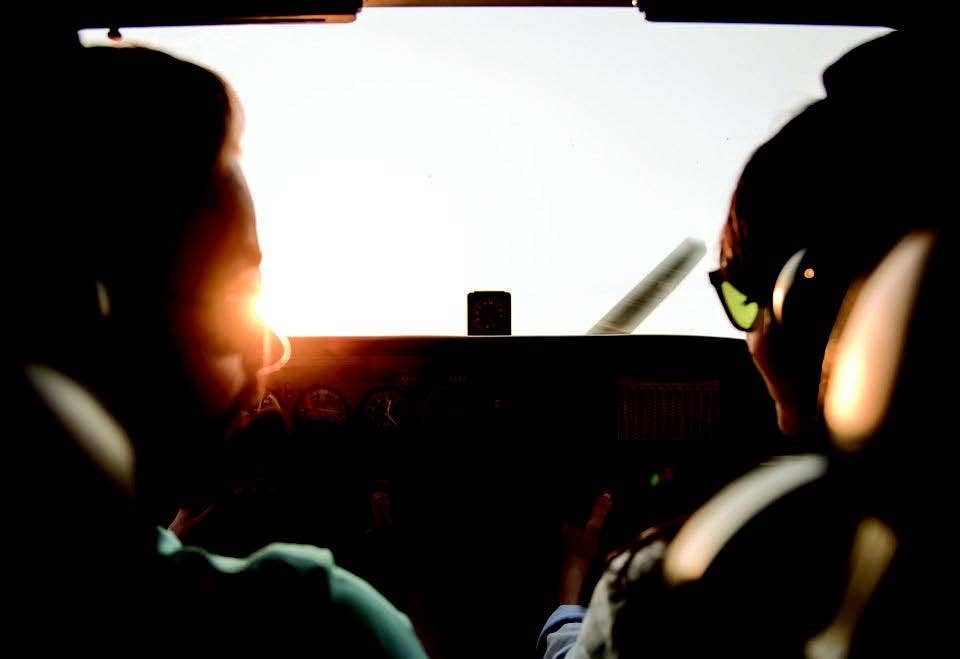
Having grown up in Sweden, English is my second language (ironically, I can’t write in Swedish to save my life). Learning English was a very gradual process that started around age 10. One song that we learned in Grade 4 or 5 - “An elephant on an orange” – still runs through my mind on occasion. I suppose it’s because English was my favorite subject.
From a very young age, I was also subjected to English song lyrics, and television shows and movies in English with Swedish subtitles. I always enjoyed the language and I felt that learning it came easily. I attribute that to considerable exposure.
I have also attempted to learn German, French and Spanish, and while I can get shelter, directions and food in all three languages, I never dedicated the time and effort required to become fluent. Also, I wasn’t exposed to them unless I sought them out; consequently they didn’t come easy.
And then there’s the language of aviation. While learning to land was difficult, particularly because as soon as I got within 10 feet of the runway, my instructor would yell “flare, flare, flare!!” which jolted me to such a degree that I pulled the yoke back way too much, making the plane stall above the runway, and plopping it down with a bang (I finally had to tell him to be quiet or I never would have mastered landings); learning communication was an even bigger challenge for me.
Not only did I have zero exposure to the aviation language prior to my first flight lesson, part of the challenge also stemmed from learning at Santa Monica airport (SMO). SMO's airspace is Class D and located only two point seven miles from Los Angeles International airport. That puts it right below a massive area of Class B. It meant that I really had to learn communications, and I really had to expose myself to this new, foreign language.
I was extremely intimidated when it came time for me to press down the push-to-talk button during my primary training. There was a permanent tiny bruise in the center of my left thumb from forcefully pressing the button. I created a script on my kneeboard of the proper verbiage to the ground, tower, departure and flight service station controllers, without which I would be as mute as Charlie Chaplin.
Fortunately, at Santa Monica airport there is a nice patio with speakers blaring out Santa Monica tower and grounds’ communications with pilots in their airspace. With light winds and temperatures in the 70s most of the year, it was a wonderful place to spend a few hours – something I would do regularly to listen and learn.
But simply listening is not sufficient to learn any language. The only way to become fluent is by frequent practice. The practice I got in the airplane was not enough for me, so I read books about aviation communications and purchased one of the first CD-ROM programs for aviation communications that helped me practice on the computer at home. My dedication paid off and today I know the language of aviation as well as I know English. I feel totally comfortable receiving and reading back long IFR clearances from controllers at major airports, anywhere in the country. And I no longer have a bruise on my left thumb.
I cringe when I hear pilots call controllers using unprofessional phraseology or unnecessary pilot chatter. It slows down the system, clearly frustrates controllers and other pilots in the skies, and can be a safety hazard in busy environments. Just as ambiguous talk can lead to unnecessary arguments, unprofessional aviation phraseology can lead to accidents.
These days there are many great tools available for primary and instrument students. Sporty's and King Schools have books, DVDs, CD-ROMs and downloadable software that make learning communications as easy as Rosetta Stone makes learning a new language. The programs are interactive, so there is plenty of practice involved. If you're a new student who hasn't been exposed to the language of aviation inside the cockpits of relatives or friends, or if a reality check tells you that you need some training, I highly recommend picking up one of these programs.
The consequences of not learning a language properly may mean an inability to get shelter and food. So if you don’t want to freeze or starve in a country with a different language, you’d better learn to communicate. In aviation, learning the correct phraseology will pay off in confidence and professionalism for the pilot, a safer ATC system, and happier participants on the radio waves.

Subscribe to Our Newsletter
Get the latest FLYING stories delivered directly to your inbox






